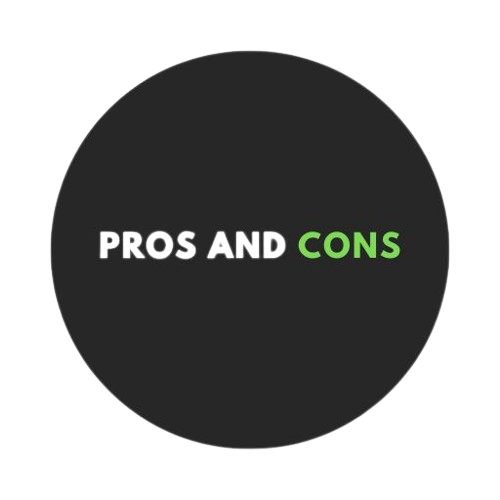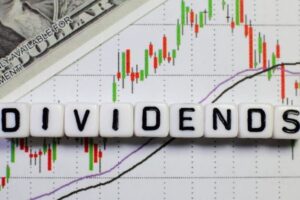Pepsi is hovering around a three-year low with a 3.5% yield.
One of the most important lessons you can learn as a long-term investor is to know what’s driving the market. In 2023 and 2024, megacap growth stocks have been primarily responsible for taking the broader indexes to new heights.
Folks who don’t want to ride the growth stock wave have benefited from attractive interest rates from Treasury bills, certificates of deposit, or high-yield savings accounts. In this environment, high-yield dividend stocks are simply not as appealing.
But during a stock market sell-off, high-yield dividend stocks can be an investor’s best friend. Dividends offer a way to earn passive income without selling stocks, which can come in clutch when equity prices fall.
PepsiCo (PEP -0.31%) is a high-yield dividend stock hovering around a three-year low. Here’s why patient investors are getting an incredible opportunity to buy Pepsi and why the company can do well even if there is a stock market sell-off.
Image source: Getty Images.
A manageable slowdown
In addition to dozens of beverage brands — from Pepsi to Gatorade to Mountain Dew — the snack food giant owns Frito-Lay and Quaker Oats, making it a well-rounded company. But Pepsi’s growth has slowed as sales volumes are declining across its segments and geographies. Consumers are resisting years of Pepsi price increases.
To spur demand, Pepsi is offering higher quantities per package to make its products a better value relative to other brands. The company isn’t at the top of its game, so it’s understandable that the stock price is languishing.
But this is a fairly minor slowdown for Pepsi, as it’s still growing organic sales and earnings at low-single-digit rates. So even in a challenging environment, it’s doing fine and should be able to get back on track and resume solid earnings growth next fiscal year.
A recession-resistant business model
Pepsi is able to steadily grow earnings no matter what the economy is doing because it is diversified across non-alcoholic beverage and snack categories, and it has a highly sophisticated global distribution network. When consumers tighten their budgets, that usually means pulling back on large discretionary purchases, not low-cost snacks.
Pepsi can do well when there’s a stock market sell-off. When investors are optimistic, they may pay a higher price for a company’s projected earnings. However, when investors are pessimistic, they may gravitate toward companies that are already doing well and should continue to do well no matter the economic cycle. Pepsi is valued for the marketing and distribution of its existing portfolio of snack and beverage brands, making it a reliable choice even for pessimistic investors.
The stock market saw a massive sell-off in 2022, with the S&P 500 falling 19.4% and the Nasdaq Composite tumbling 33.1%. That year, Pepsi stock went up 4%. That’s not to say Pepsi will be that resilient during the next sell-off. But 2022 was a good stress test that showed why value stocks like Pepsi can do well during a growth-driven sell-off.
A stable and growing dividend
Pepsi is a Dividend King with 52 consecutive years of raising its annual payout to investors. The sell-off in the stock, paired with steady dividend increases, has pushed Pepsi’s yield up to 3.5%. That’s the most Pepsi has yielded in the last 15 years if you exclude the brief COVID-19-induced stock market plunge in March 2020. However, a company’s ability to afford future dividend increases is more important than its track record for past raises or its current yield.
On Nov. 19, Pepsi raised its dividend by 7%. The company should easily be able to afford a similar raise in 2025. Analyst consensus estimates have Pepsi generating $8.15 in fiscal 2024 earnings per share (EPS) and $8.61 in fiscal 2025 EPS. With $5.42 per share in dividends and assuming another 7% increase, Pepsi would be paying out about two-thirds of its earnings in dividends, which is reasonable for a consumer staples company.
A high-conviction buy for the new year
Pepsi is the perfect stock for risk-averse investors looking for value in 2025. It has a price-to-earnings (P/E) ratio of 22.6 and a forward P/E of just 18.8. For context, its median P/E over the last decade is 26.1.
The company can perform well even during economic slowdowns, as evidenced by 52 years of dividend increases — which occurred under different conditions. Pepsi’s yield of 3.5% is much higher than the S&P 500’s yield of just 1.2% and higher than the broader consumer staples sector’s yield of 2.5%. Pepsi yields more than other consumer staples Dividend Kings like Coca-Cola, Procter & Gamble, and Walmart — making it a compelling source of passive income.
Add it all up, and Pepsi stands out as one of the best dividend stocks to buy in 2025.
Daniel Foelber has no position in any of the stocks mentioned. The Motley Fool has positions in and recommends Walmart. The Motley Fool has a disclosure policy.










